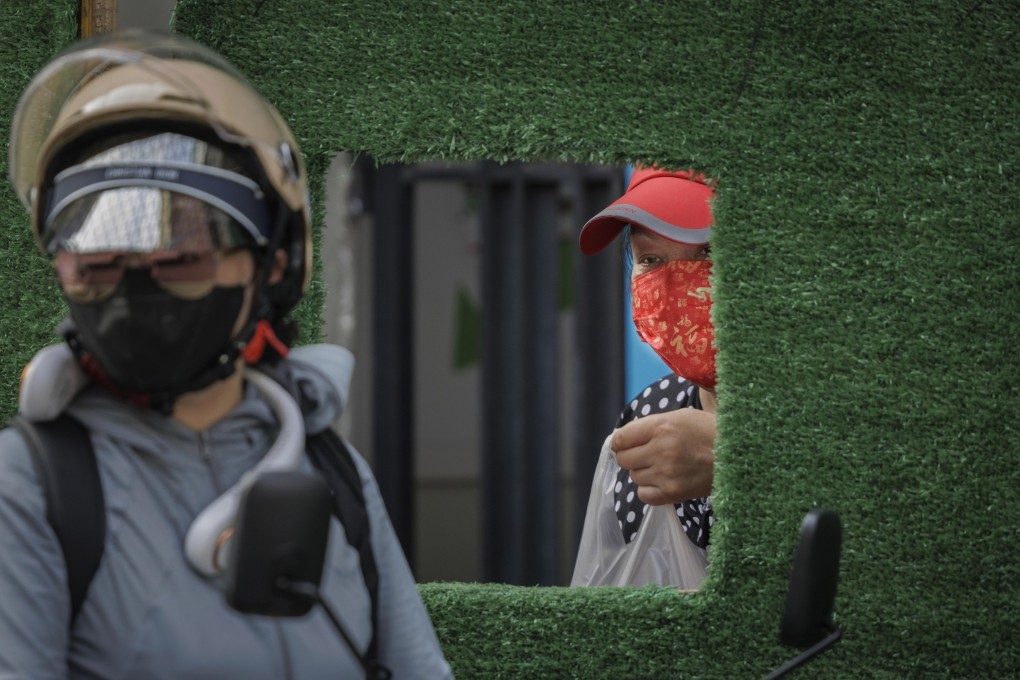WHO says Covid-19 still global health emergency as cases up 30 per cent in fortnight
- A committee, made up of independent experts, said rising cases, ongoing viral evolution and pressure on health services mean situation remains an emergency
- Cases rose by 30 per cent in the last fortnight, although increased population immunity, largely from vaccines, meant fewer hospitalisations and deaths

The World Health Organization said on Tuesday that Covid-19 remains a global emergency, nearly two and a half years after it was first declared.
The Emergency Committee, made up of independent experts, said in a statement that rising cases, ongoing viral evolution and pressure on health services in a number of countries meant that the situation was still an emergency.
Cases reported to WHO had risen by 30 per cent in the last fortnight, the statement said, although the committee accepted that increased population immunity, largely from vaccines, had seen a “decoupling” of cases from hospitalisations and deaths.
WHO Director General Tedros Adhanom Ghebreyesus accepted the committee’s advice.
The UN health agency first declared the highest level of alert, known as a Public Health Emergency of International Concern, for Covid-19 on January 30, 2020.
Such a determination can help accelerate research, funding and international public health measures to contain a disease.